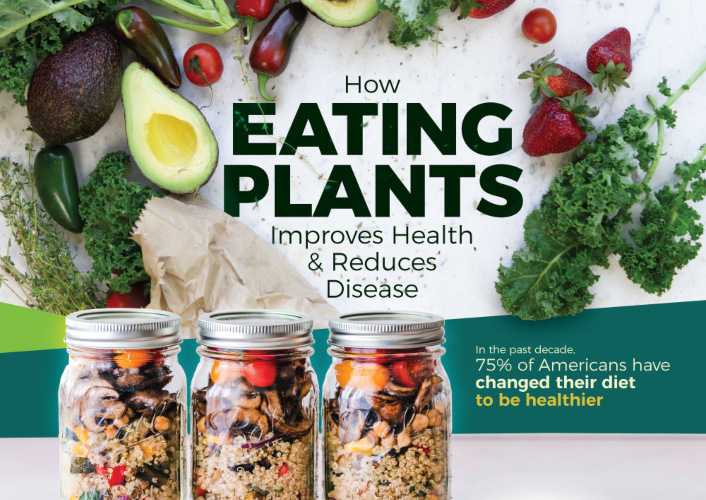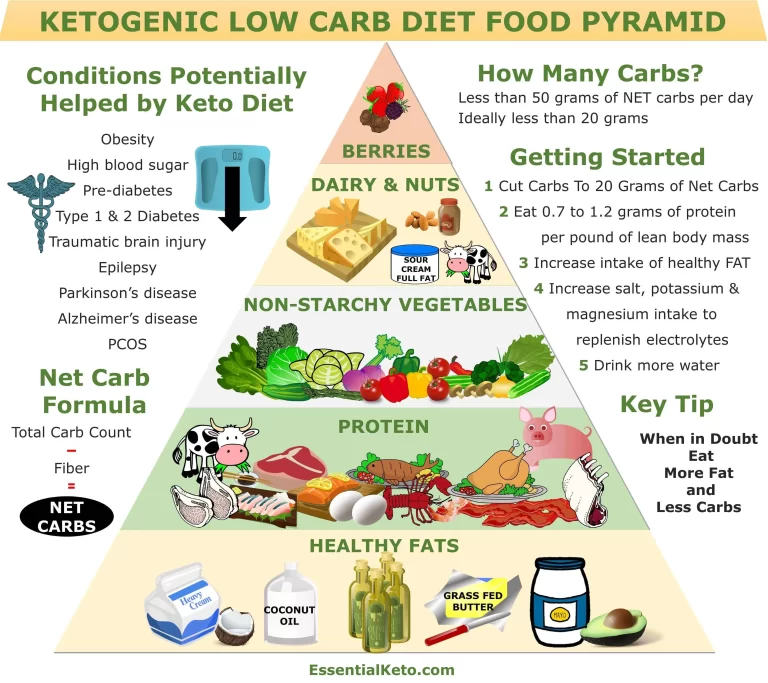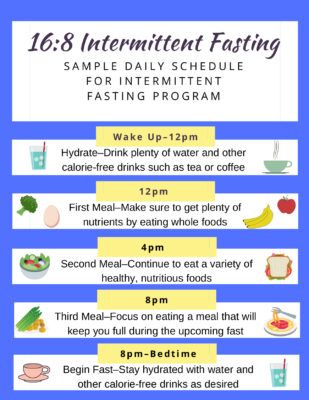In recent years, there has been a growing interest in plant-based diets. More and more people are opting for a diet that primarily consists of fruits, vegetables, whole grains, legumes, nuts, and seeds, while reducing or eliminating the consumption of animal products. This shift in dietary choices is not only driven by ethical and environmental concerns but also by the numerous health benefits associated with a plant-based diet. In this article, we will explore some of these health benefits and debunk common myths surrounding plant-based diets.
The Health Benefits of a Plant-Based Diet
1. Enhanced Nutrient Intake:
A well-rounded plant-based diet ensures that individuals consume a wide range of essential nutrients. Fruits and vegetables are rich in vitamins, minerals, and antioxidants that boost the immune system, promote cell health, and prevent chronic diseases. Whole grains, legumes, nuts, and seeds are excellent sources of fiber, protein, and healthy fats, which support heart health and aid in weight management.
2. Reduced Risk of Chronic Diseases:
Research consistently shows that individuals who follow a plant-based diet have a lower risk of developing chronic diseases such as heart disease, type 2 diabetes, high blood pressure, and certain types of cancer. The high fiber content in plant-based foods helps maintain healthy cholesterol levels and reduces the risk of heart disease. Additionally, the abundance of antioxidants and phytochemicals in plant-based foods can protect against the oxidative stress that leads to the development of cancer.
3. Improved Digestive Health:
A plant-based diet, particularly one rich in fiber, promotes a healthy digestive system. Fiber adds bulk to the stool, preventing constipation and promoting regular bowel movements. It also nourishes the beneficial bacteria in the gut, leading to a healthy gut microbiome. A well-functioning digestive system is crucial for overall health and can prevent the onset of various digestive disorders.
Debunking Common Myths about Plant-Based Diets
1. Myth: Plant-Based Diets Lack Sufficient Protein:
Contrary to popular belief, it is entirely possible to meet protein requirements on a plant-based diet. Legumes, such as lentils, beans, and chickpeas, are excellent sources of protein. Whole grains, nuts, and seeds also contribute to the protein intake. By combining different plant-based protein sources, individuals can easily meet their protein needs. Moreover, plant-based sources of protein are typically lower in saturated fats, making them a healthier choice for cardiovascular health.
2. Myth: Plant-Based Diets Lead to Iron Deficiency:
While iron requirements are often associated with animal products, plant-based diets can provide sufficient iron through various sources. Legumes, whole grains, soy products, and leafy green vegetables are all rich in iron. Additionally, consuming vitamin C-rich foods alongside iron-rich foods enhances iron absorption. A well-planned plant-based diet can easily fulfill an individual’s iron needs.
3. Myth: Plant-Based Diets Are Bland and Boring:
One of the most common misconceptions about plant-based diets is that they lack flavor and variety. However, a plant-based diet opens the door to a world of new and exciting flavors. With countless fruits, vegetables, grains, legumes, and herbs to choose from, the possibilities are endless. By experimenting with different ingredients and cooking methods, individuals can create delicious and satisfying plant-based meals.
Conclusion
A plant-based diet offers a myriad of health benefits, ranging from improved nutrient intake to reduced risk of chronic diseases. Contrary to popular belief, plant-based diets can provide adequate protein and iron levels while offering a diverse range of flavors. By dispelling common myths surrounding plant-based diets, individuals can make informed dietary choices that contribute to their overall well-being.








